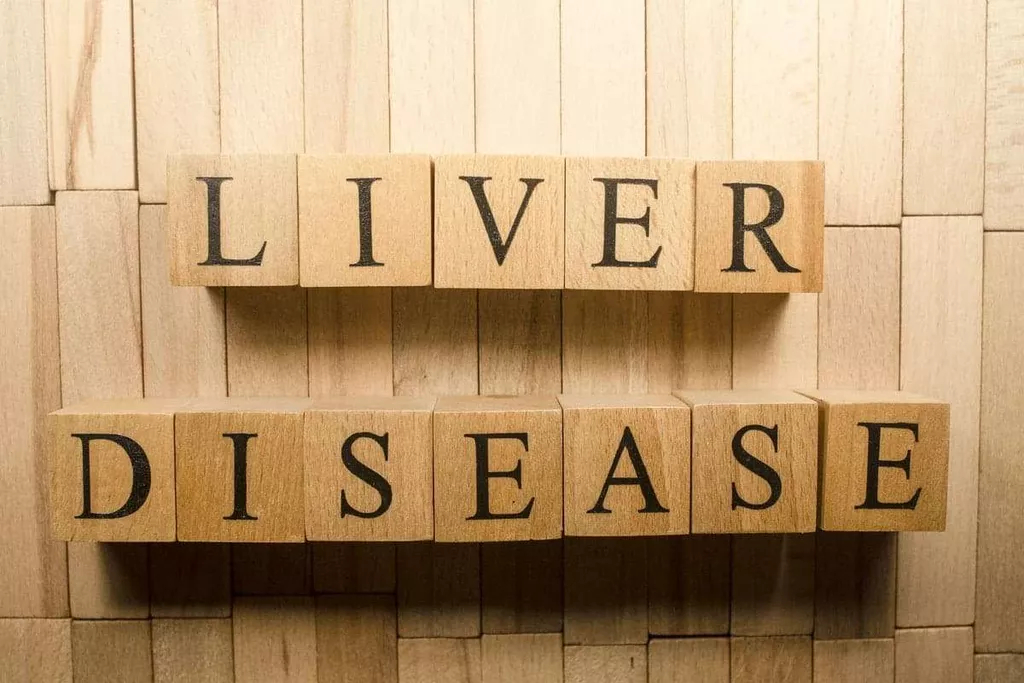In addition, the search tools on the Navigator may not capture every possible higher-quality treatment provider in your vicinity. For any alcohol treatment program you are considering, be sure to ask the 10 recommended questions, and use the answers to check for five signs of higher-quality sober living homes oxford houses care. These advanced practice clinicians support patients through the diagnosis and treatment of a variety of conditions. They work closely with doctors and care teams to provide medical services and counseling for mental health, substance misuse, and addiction issues.
Alcohol addiction may involve several different treatment methods. It’s important that each person get involved in a recovery program that will support long-term sobriety. This could mean an emphasis on therapy for someone who is depressed, or inpatient treatment for someone with severe withdrawal symptoms. Regardless of the type of support system, it’s helpful to get involved in at least one when getting sober. Sober communities can help someone struggling with alcohol addiction deal with the challenges of sobriety in day-to-day life. Sober communities can also share relatable experiences and offer new, healthy friendships.
- If you or a loved one needs help with an alcohol problem, you have several options beyond in-person care.
- Self-guided programs such as these can be added to an overall treatment plan led by a health care professional.
- For serious alcohol use disorder, you may need a stay at a residential treatment facility.
- Vivitrol is an injected form of the drug that your doctor can give you once a month.
- A common assumption that people have is that number one, addiction isn’t treatable.
For any addiction therapist you are considering, be sure to ask the 10 recommended questions, and use the answers to check for five signs of higher-quality care. Alcoholics Anonymous (AA) and other 12-step programs provide peer support for people quitting or cutting back on their drinking. Combined with treatment led by health professionals, mutual-support groups can offer a valuable added layer of support.
The good news is that no matter how severe the problem may seem, most people with AUD can benefit from some form of treatment. Check out these best-sellers and special offers on books and newsletters from Mayo Clinic Press. Take an honest look at how often and how much you drink. Be prepared to discuss any problems that alcohol may be causing. You may want to take a family member or friend along, if possible. Explore Mayo Clinic studies testing new treatments, interventions and tests as a means to prevent, detect, treat or manage this condition.
How do behavioral therapies treat drug addiction?
Alcohol causes changes in your brain that make it hard to quit. Trying to tough it out on your own can be like trying to cure appendicitis with cheerful thoughts. The Navigator will steer you toward evidence-based treatment, which applies knowledge gained through decades of carefully designed behavioral modification and alternative schools for troubled teens scientific research. The Navigator helps adults find alcohol treatment for themselves or an adult loved one. If you are seeking help for a teen, check out these recommended adolescent treatment resources. We’ll show you how to search trusted directories to find some that meet your needs.
And it would allow pharmacies to carry methadone and to dispense it to people who have a prescription for opioid use disorder. State and federal regulations make methadone very difficult for doctors to prescribe and for patients with opioid use disorder to access. Methadone is a complicated medication and it does come with risks. But it has been FDA approved to treat addiction since the early 1970s.
And one of the reasons for that is that we have a very serious workforce crisis among all of behavioral health care. A psychiatrist is a medical doctor who specializes in mental health, including substance use disorders. They’re trained to understand the complex relationship between mental health and substance misuse and sober living recovery homes how to deliver evidence-based treatment for addiction. A common initial treatment option for someone with an alcohol addiction is an outpatient or inpatient rehabilitation program. An inpatient program can last anywhere from 30 days to a year. It can help someone handle withdrawal symptoms and emotional challenges.
Some offer full services to cover mental health and medical care and other support. Your health care provider or counselor can suggest a support group. Medications are also available to help treat addiction to alcohol and nicotine. Psychologists specialize in the assessment, diagnosis, and treatment of mental health conditions, SUD, and addiction. They’re trained in a variety of evidence-based treatment methods designed to improve emotional and interpersonal well-being.
What Are the Treatments for Alcohol Use Disorder?
When asked how alcohol problems are treated, people commonly think of 12-step programs or 28-day inpatient rehab but may have difficulty naming other options. In fact, there are a variety of treatment methods currently available, thanks to significant advances in the field over the past 60 years. Here’s some information to help you get ready for your appointment, and what to expect from your health care provider or mental health provider.
What health complications are associated with alcoholism?
Read our review of the best online therapy options to find the right fit for you. Sign up for free and stay up to date on research advancements, health tips, current health topics, and expertise on managing health. Mutual-support groups can be particularly helpful during this challenging time. These groups can vary widely, so it’s important to try different ones to find a good fit. When is it common in society, it can be hard to tell the difference between someone who likes to have a few drinks now and then and someone with a real problem.
We’ll help you to search the Psychology Today directory. This is the largest listing in the United States of licensed professional therapists. Once you find some programs you’re interested in, be sure to visit Step 2 for questions to ask and answers to listen for. All approved medications are non-addictive and can be used alone or in combination with other forms of treatment. Individuals are advised to talk to their doctors about the best form of primary treatment.
What are the principles of effective treatment?
Just as some people with diabetes or asthma may have flare-ups of their disease, a relapse to drinking can be seen as a temporary setback to full recovery and not a complete failure. Seeking professional help can prevent relapse—behavioral therapies can help people develop skills to avoid and overcome triggers, such as stress, that might lead to drinking. Most people benefit from regular checkups with a treatment provider. Medications also can deter drinking during times when individuals may be at greater risk of relapse (e.g., divorce, death of a family member). The NIAAA Alcohol Treatment Navigator® cannot ensure that the search process will deliver higher-quality treatment providers in your vicinity who are using evidence-based approaches. In addition, the search tools on the Navigator may not capture every possible higher-quality treatment provider in your vicinity.
Treatment and Recovery
They will help you learn whether a therapist offers higher-quality care and is a good fit for your situation. Based on clinical experience, many health providers believe that support from friends and family members is important in overcoming alcohol problems. But friends and family may feel unsure about how best to provide the support needed. The groups for family and friends listed below may be a good starting point. Cost may be a factor when selecting a treatment approach. Evaluate the coverage in your health insurance plan to determine how much of the costs your insurance will cover and how much you will have to pay.
How is alcohol use disorder treated?
It also includes binge drinking — a pattern of drinking where a male has five or more drinks within two hours or a female has at least four drinks within two hours. Binge drinking causes significant health and safety risks. You can talk to anyone on your care team about your drug or alcohol use — there’s no wrong door. You can start the conversation at any time, and we’ll connect you to the next appropriate level of care. Addictions that have gone on longer are harder to break.







